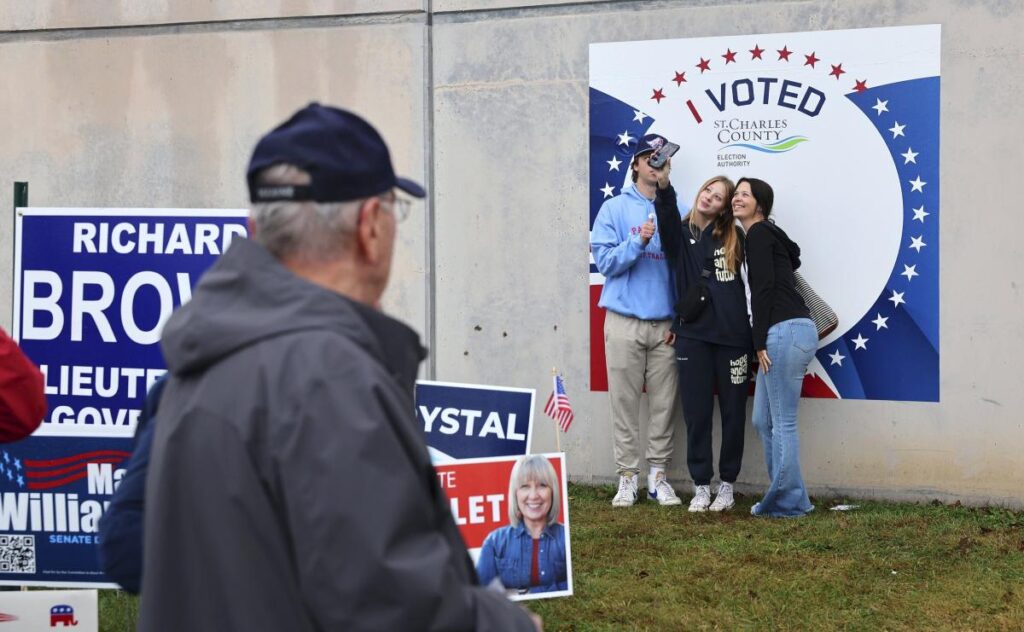On Friday, a Missouri judge ruled against Republican committeeman Travis Allen Heins in his effort to permit watchers or challengers to oversee early voting in St. Charles County, which is Missouri’s third-largest county. Judge Dewayne Johnson stated that Heins’ request did not meet the necessary legal requirements for a temporary restraining order. Rather than evaluate the merits of the case, the judge dismissed the challenge based on inadequate legal documentation. Heins expressed disappointment with the ruling but viewed his action as a catalyst for discussion on the roles of election watchers and challengers during the early voting process in Missouri.
Reaction to the judge’s ruling was mixed, with St. Charles County’s Director of Elections, Kurt Bahr, expressing satisfaction with the outcome. He noted that election challengers from both major political parties would still be present at various polling locations on Election Day, as state law permits. Bahr emphasized the hope that the Missouri legislature would clarify the rules regarding election challengers and watchers in future sessions, acknowledging that the current lack of clarity contributes to confusion around election oversight.
This election cycle marks the first instance of no-excuse absentee voting in Missouri, leading to an unusually high turnout at polling sites, especially in St. Charles County. Bahr had anticipated approximately 2,500 voters each day during the early voting period, but actual numbers have frequently soared to around 5,000 daily. St. Charles County, situated in the St. Louis metropolitan area, has a population of around 420,000 residents, underscoring the significance of ensuring transparent election processes amid such engagement.
Heins’ petition argued that challengers should be allowed to observe the early voting process, noting that ballots are effectively tabulated as soon as they are inserted into scanning machines. He insisted that the exclusion of election challengers or watchers undermines the integrity and transparency of the electoral process. By voicing concerns over these practices, Heins aimed to establish a precedent for greater oversight and reliability in Missouri’s voting systems.
In the wake of the judge’s decision, leaders from the Missouri Voter Protection Coalition indicated growing concern that many voters felt dissuaded from casting their ballots due to the uncertainty surrounding oversight during early voting. The request for an injunction was intended to bolster confidence in the electoral process; however, its rejection may hinder efforts to ensure voter participation. As election officials prepare for a heavily attended Election Day, the discourse surrounding election oversight continues to evolve in Missouri.
Ultimately, this legal challenge brings to light the complexities associated with voting practices in Missouri, especially in the context of heightened voter interest. The contrasting views on election oversight illustrate the ongoing debate surrounding the balance of maintaining secure elections while fostering civic engagement. The outcome of this case, along with the anticipated legislative discussions, may shape future protocols for election watchers and challengers going forward, thereby impacting the overall electoral landscape in the state.

